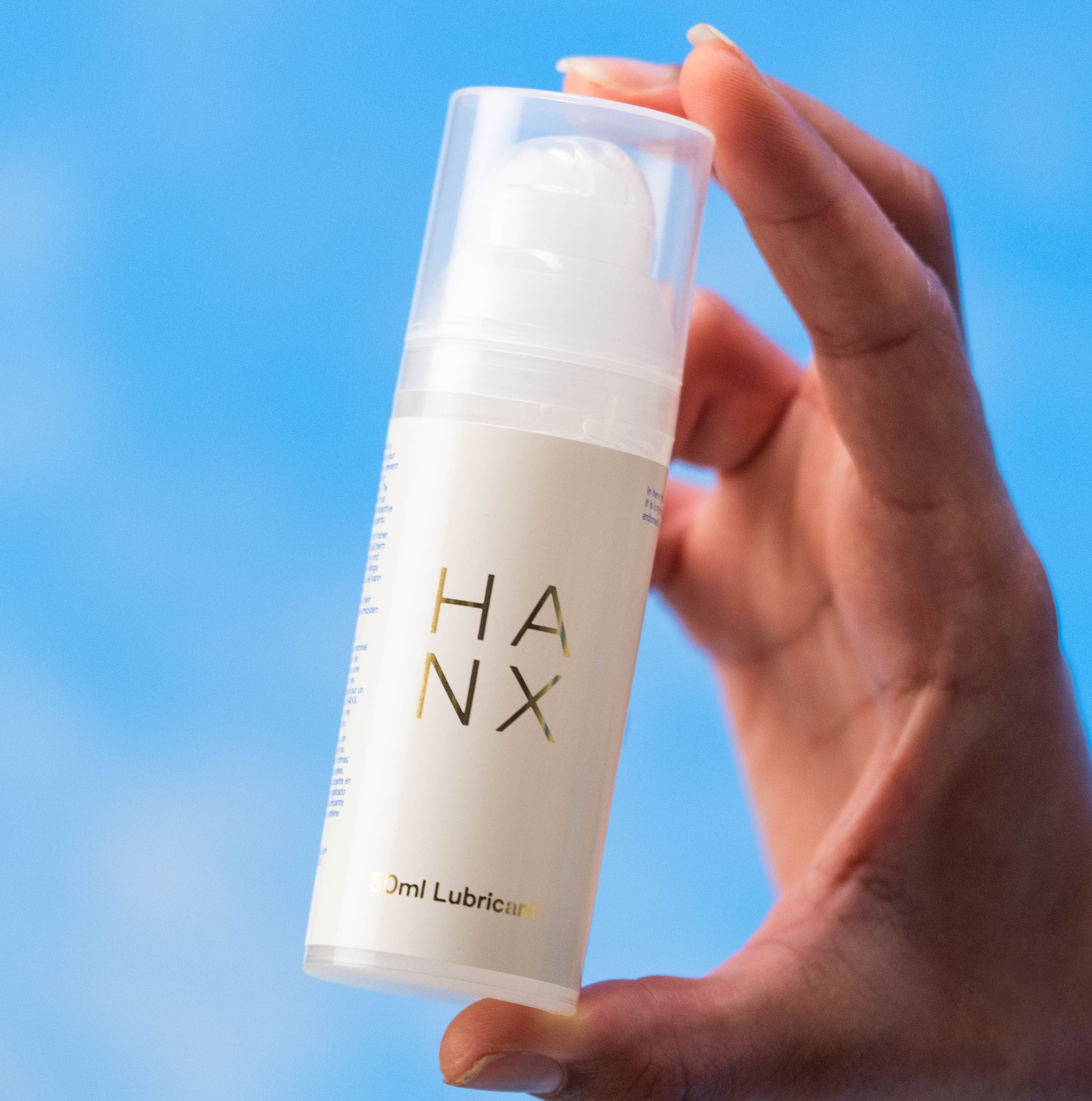Why Is Gonorrhoea Reaching Record Levels in the UK?
Gonorrhoea: hard to say, even harder to spell and currently at a record high in England. A new report reveals that cases of this sexually transmitted infection, plus the frankly Victorian-sounding syphilis, have rocketed post-pandemic - and you might be wondering why. For many of us, 2023 feels like a sexually straight up moment for cultural consciousness. With Christina Aguilera dipping her toe into the world of SexTech, London heritage department store Selfridges hosting a sexual wellness themed pop up shop and Julia Fox hitting the streets in a full condom-themed outfit, it might seem that the world is 100% clued up on staying safe. Not so fast: the numbers suggest otherwise. Join us to dive into the realities of the latest sexy stats hitting headlines...
Why Is Gonorrhoea On The Rise?
Firstly, the rise is likely partly due to an increase in testing. With the lifting of lockdown and an increase in cases of Mpox (formerly known as monkeypox), we’ve seen a boost in awareness of the importance of being proactive about sexual health. However, health experts believe that the surge suggests there are more infections being picked up and transmitted. Interestingly, the rise is largely in the 18-25 category, which might suggest young people only just starting to have sex aren’t skilled up or concerned about STIs.
How To Avoid Getting Gonorrhoea
We know that many of us were ready to roger when lockdown lifted. In fact, in our survey with dating app Inner Circle, 25% of you revealed that you’d get it on sooner than before - and 53% have had unprotected sex at least once as you felt unable to bring up the johnny chat with your partner/s. However, the best way to avoid contracting and passing on STIs is using condoms. Called a ‘barrier method’, they should be worn/put onto any toys you’re using to avoid spreading the clap and other infections.
No Symptoms? Be Aware
You might see the list of symptoms and feel faint relief that you’re not experiencing them, as they aren’t much fun: unusual, thick green or yellow discharge from your genitals, pain when peeing and/or bleeding between periods. However, in a STI-friendly twist on the old saying: no news can be bad news. Some people are asymptomatic, which means they don’t actually see any gonorrhoea symptoms and so don’t know they have it. If you’re carrying gonorrhoea and aren’t treated swiftly, not only are you putting your partner/s at risk, but yourself, too. It’s known to cause more serious health complications down the line including infertility, pelvic inflammatory syndrome and can be passed to a baby during birth.
How To Get An STI Test
Do a little digital research to get started. In the UK, your local GP or sexual health clinic should offer free testing. However, many public health services are vastly overstretched and you might be unable to access one soon enough for peace of mind. We know it can also be tricky to get time off from work and travel to an appointment at an inconveniently located clinic - or you might not feel comfortable chatting about your sexual health in-person. You might also simply prefer to test from the comfort of home! In the UK, you can order a discreetly packaged home testing kit to be sent to your door from SH24. Just take the test, pop back in the postbox and the results are texted to you within 7 days alongside instructions on what to do next if you do indeed have an STI.
Finally, gonorrhoea isn't something to mess around with. If you're actively dating, or haven't yet tested since your last session of unprotected sex and believe you may be at risk, get a test sorted. The clap isn't the post-sex applause you wanna hear...
Want more?
- Shop sexual wellness essentials, including ultra-thin Condoms here.
- Read about celebrities who have spoken out about STIs - and why we all need to tackle stigma.






















